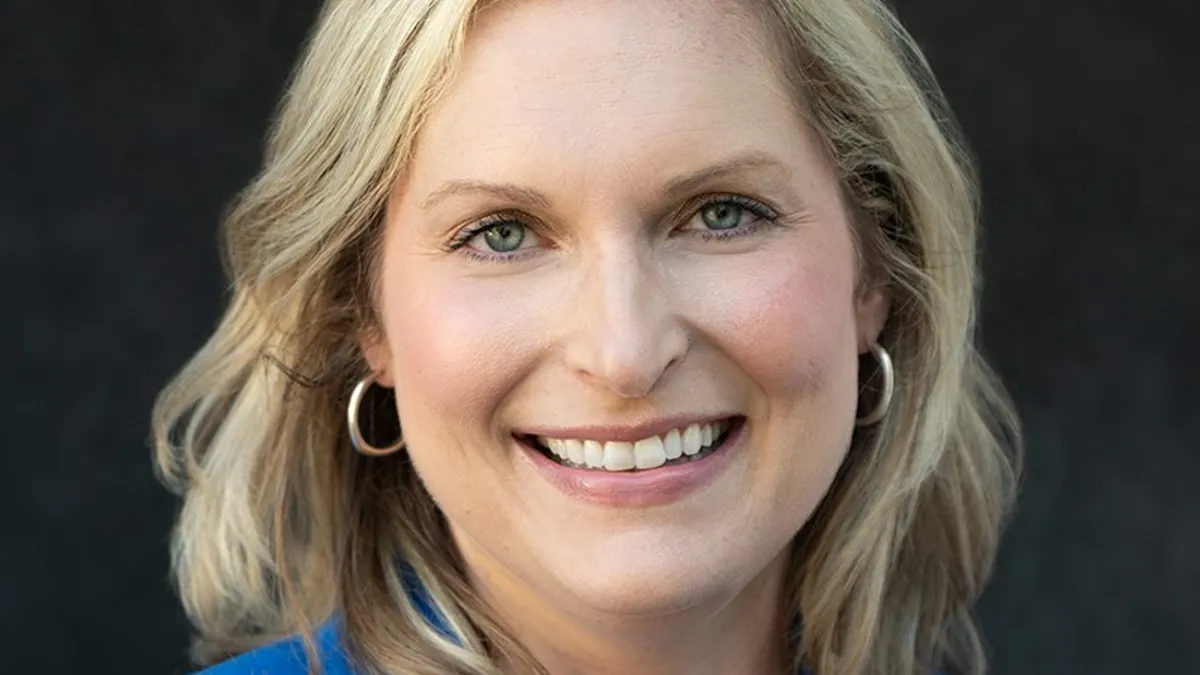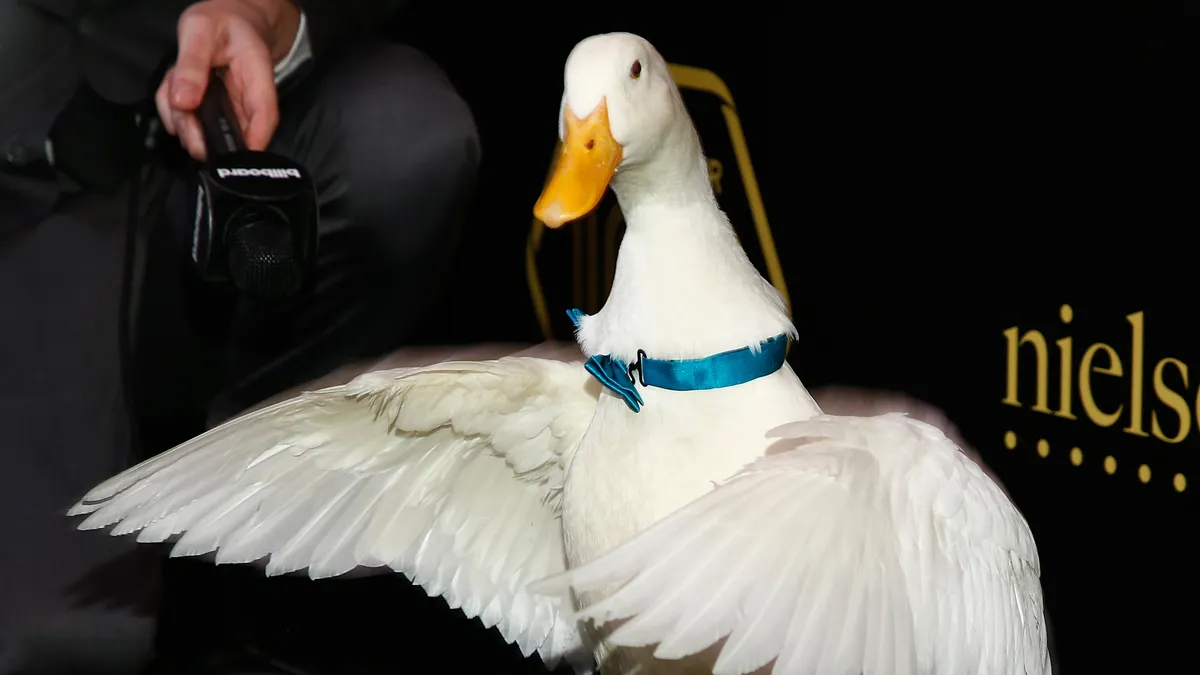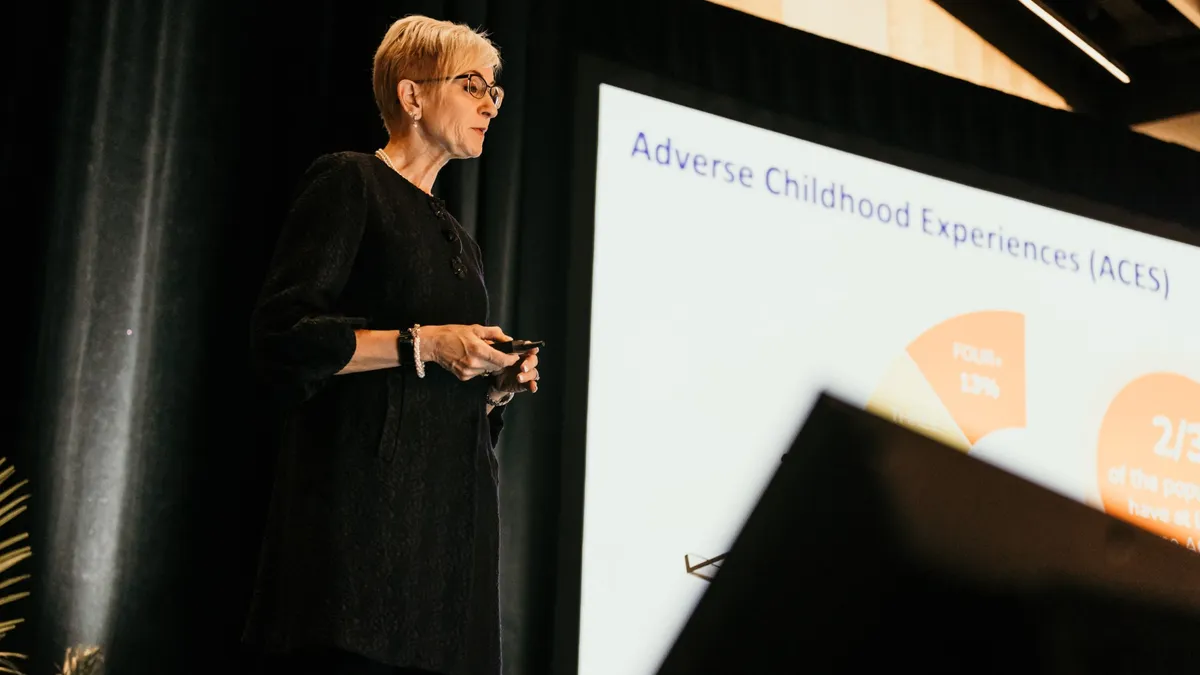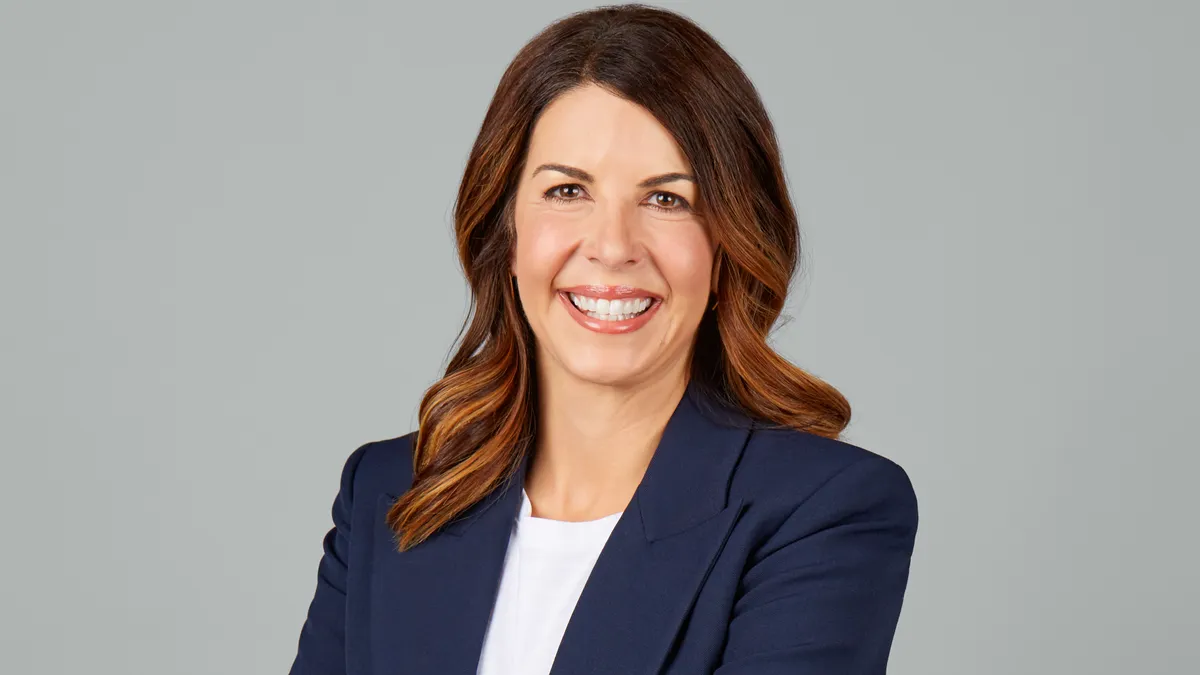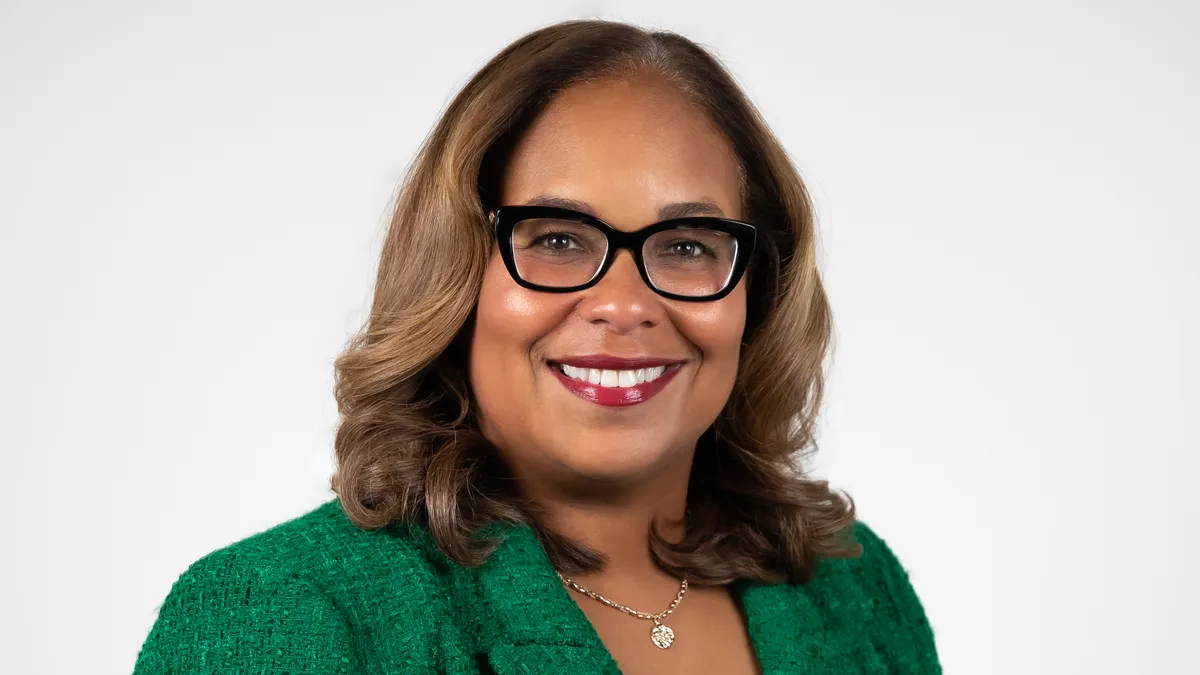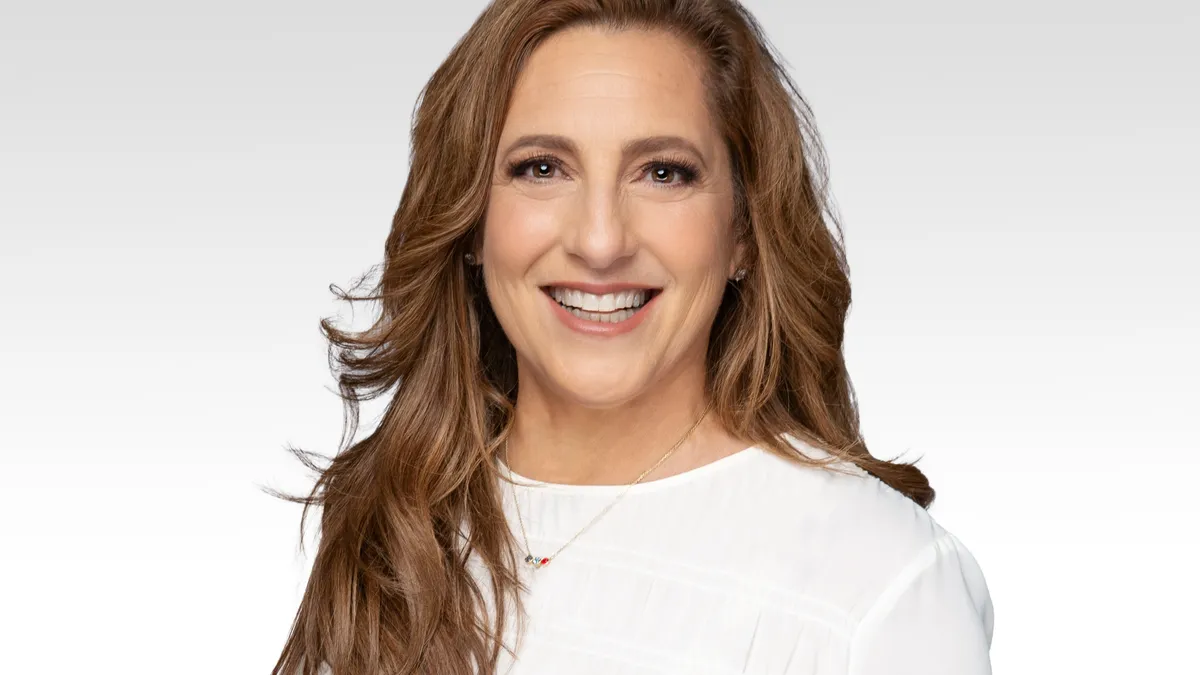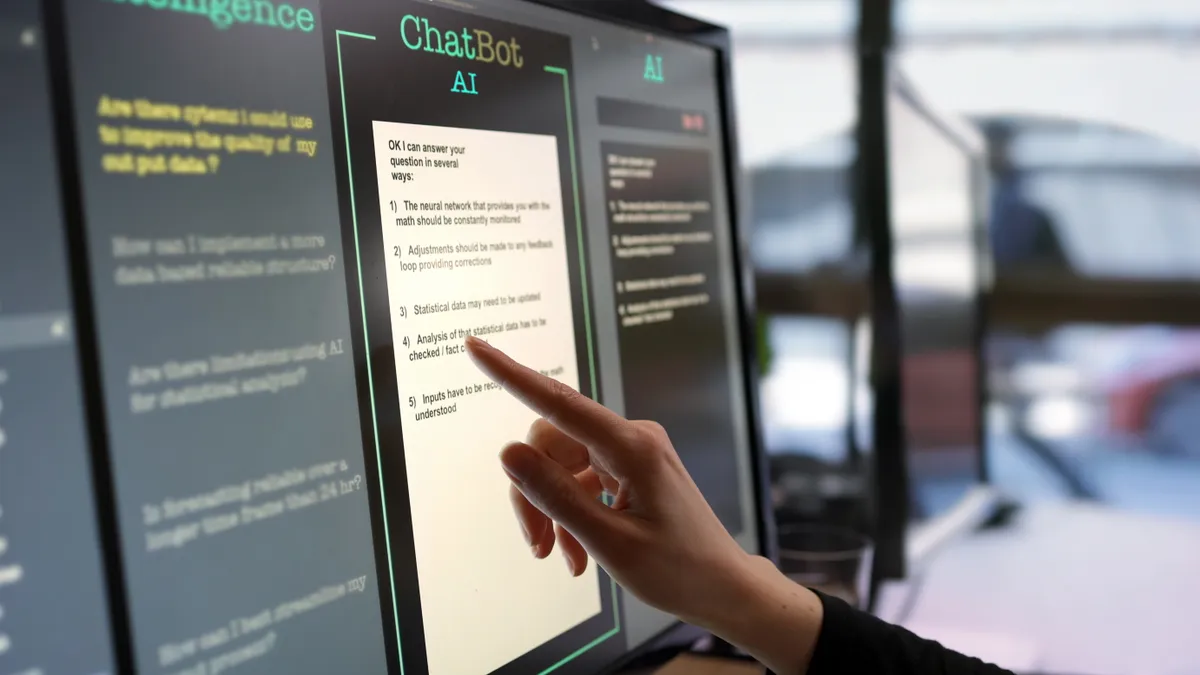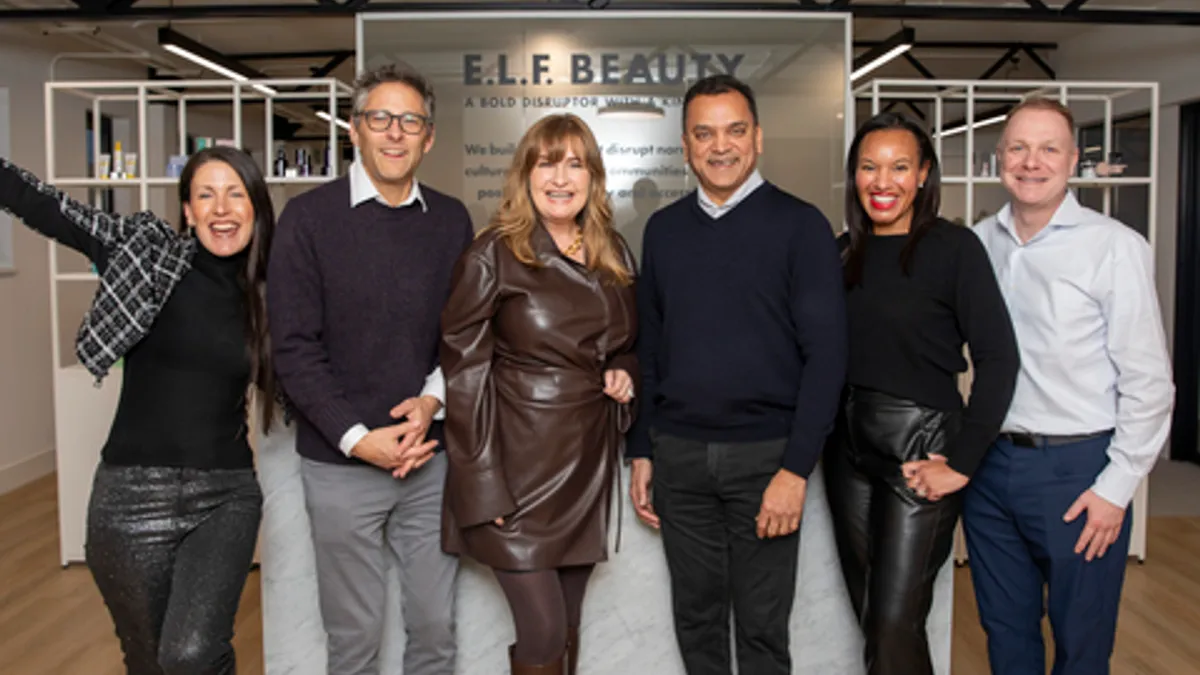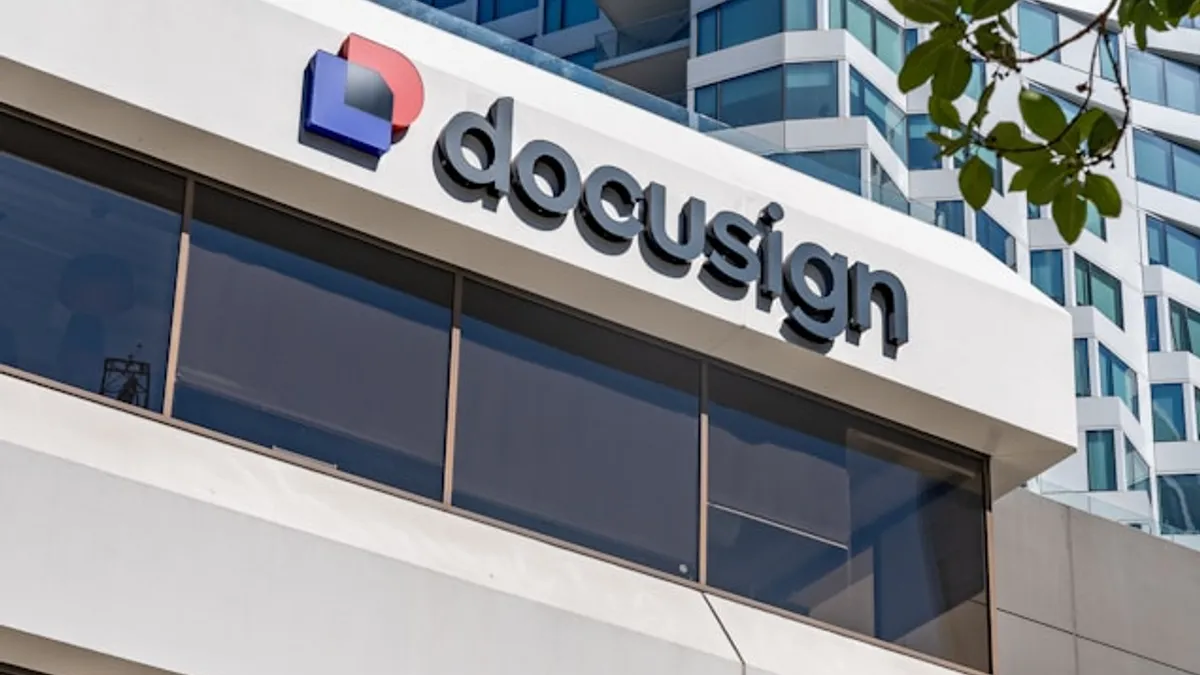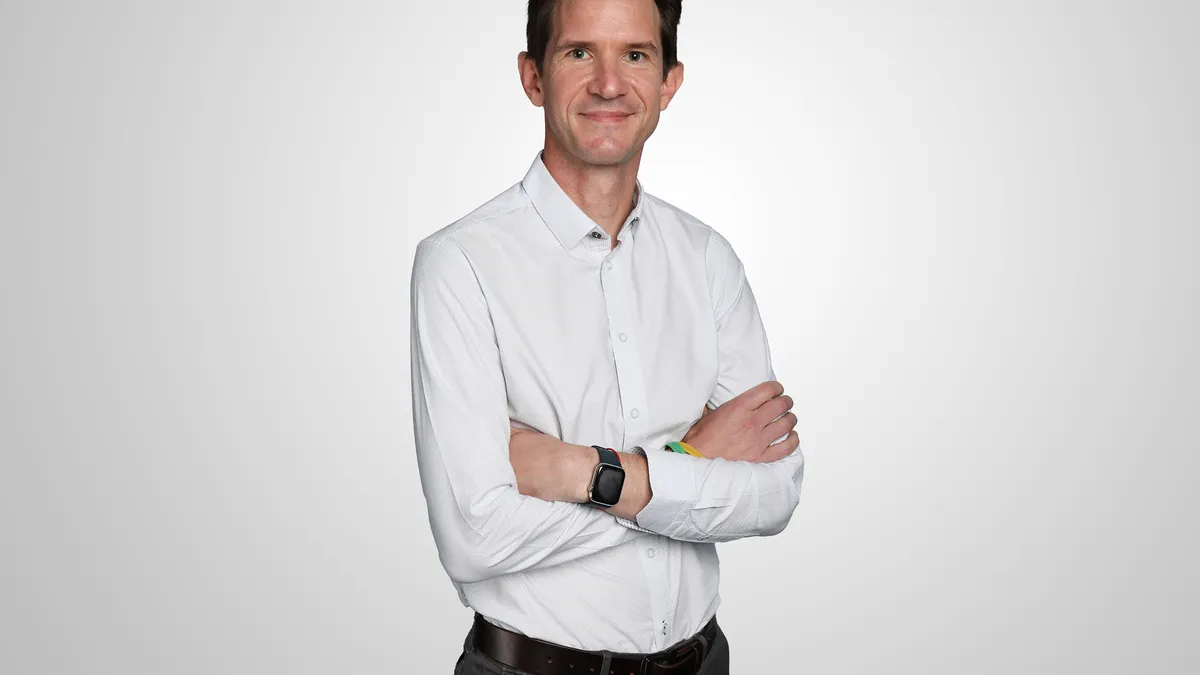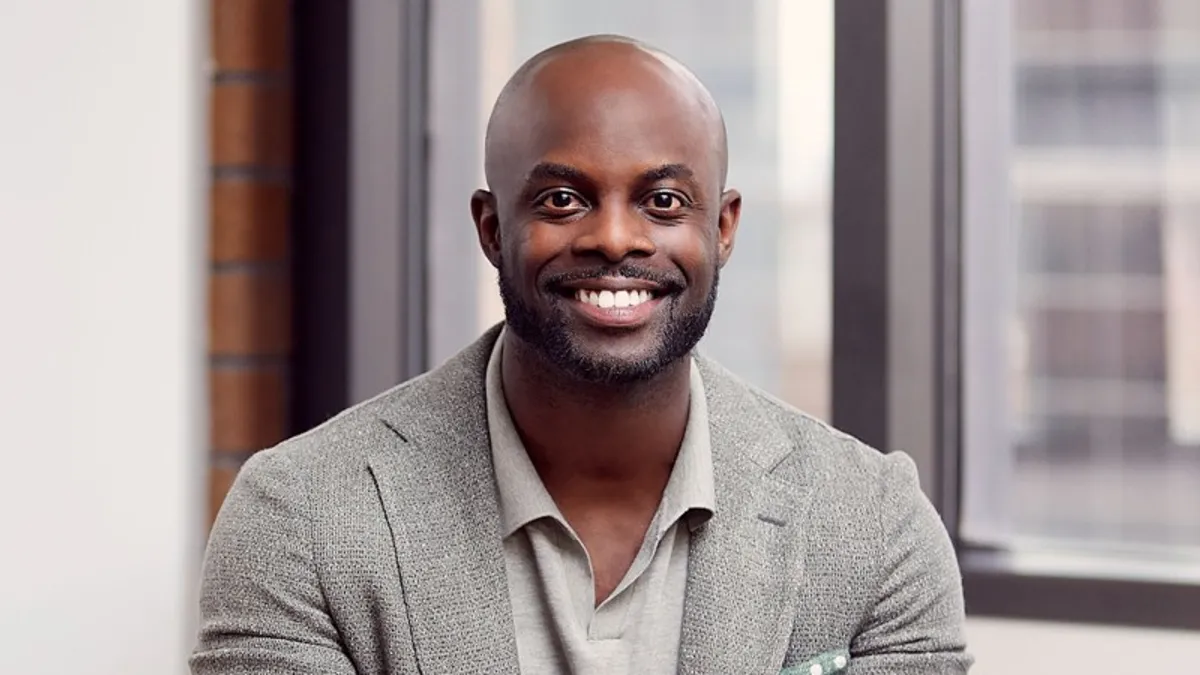Jessica Artz got her first human resources job over summer break from college as a recruiter for a staffing agency in West Virginia. Today, she is chief human resources officer for prison telecommunications company ViaPath Technologies, where she also leads reintegration and community engagement efforts, and is president of the company’s new subsidiary, 2C Workforce Solutions, a commercial staffing arm that places formerly incarcerated candidates into jobs.
On top of her current HR focus, Artz also has experience in employee relations, training and international HR. She has worked in federal consulting, with veterans with disabilities and even at an airline.
She loves the home shopping network QVC and even has the app. Just don’t ask her about doughnuts.
This conversation was edited for clarity and length.
HR DIVE: How do you balance your various roles?
JESSICA ARTZ: I think the most important thing is to surround yourself with people who are smarter than you and people you can trust. My core leadership team is, I truly believe, the best of the business. I encourage them. I defer to them. I seek their counsel. They know a lot more about some things than I do. Without a high-performing core team you can trust, especially at this level, I’d be dead in the water.
What does the hiring market look like for those who were formerly incarcerated?
There still are around 650,000 individuals who are released from incarceration every year. Roughly 70% of those — that’s a huge number — report having challenges. It’s difficult to break down that stigma. Within three years of release, roughly two-thirds of formerly incarcerated individuals find themselves incarcerated again. One of the main drivers [to avoid re-incarceration] is getting a job and being gainfully employed. That leads to confidence, being able to support your family and being able to obtain benefits.
What kind of unique challenges do you have in your role?
One of our biggest ones is just being able to attract [workers]. How are we going to talk somebody into taking a job where they have to go into corrections? I had to spend a lot of time saying, “Okay, what’s our value proposition? What are we pitching for these candidates?” It’s the connection to the mission, the social impact, all of our environmental, social and corporate governance initiatives.
What did you want to be when you grew up?
I originally wanted to be a doctor. I started college on a pre-med track. I don’t know why I switched, but I’m so happy that I did. But even to this day, people hate hospitals; I love them. I just got this new asthma medicine, and it's injectable. I have to give myself this injection, and I was like, “This is amazing.”
What’s something people would be surprised to learn about you?
Probably one of my biggest obsessions is QVC. I love QVC. I’m on the app. I watch it all the time. I get really excited when they have Today’s Special Value and easy pay. You can do this in five payments of $14 instead of paying for it all at once; I feel like I’m really getting something. My husband says to me, “You do know that when you have 10 easy pays going at the same time, you’re not saving any money.” I don’t need to save; I’m just fascinated by the whole thing.
What's the strangest thing you’ve bought from QVC?
I bought a doughnut maker. I don’t even like doughnuts. So I don’t know why. The only doughnut I’ll ever eat is a plain cake doughnut, and even then, it’s kind of too sweet. I have no idea why I bought it. I’ve never used it. Ever.
What are some of your hobbies?
I have two boys. They are a hobby in itself. I love to work out and run. I took up running about two years ago. I have my treadmill set up in the garage. It’s a great spot. It faces out, so I can put the garage door up. It's a really good stress reliever. I also like weight training. I have a husband, and we have two dogs, two miniature schnauzers who are insane but very, very cute. We go on 5K runs and hikes with them. I also love to cook.
What's your favorite thing to cook?
I make homemade soup — rice soup, chicken noodle soup, lentil soup. I can eat soup and salad every single day. I usually make about two big pots of soup a month.
What advice would you give to someone newer in their career in HR?
I would tell them to be open to anything that their boss or the company asked them to do. In HR there are so many different functional areas that you can focus on. When you just start out, you have no idea what you want to do. I started out as a recruiter. You couldn’t pay me enough to be a recruiter right now. Some people love it. But I wouldn’t have known that if I hadn’t done training, if I hadn’t done employee relationships, if I hadn’t done learning and development. You need to always make sure you jump on any job opportunity. It’s always good to get a stretch assignment and get experience that way.
The second thing is something one of my mentors told me back when I was at Computer Sciences Corp. He said, “The toughest thing about being in HR is balancing the needs of the employees with the needs of the business.” Employees are going to want you to do everything for them, and the business is going to want you to do everything for it. You can’t; you have to find that balance. If you find that balance, you’re going to be very successful.



